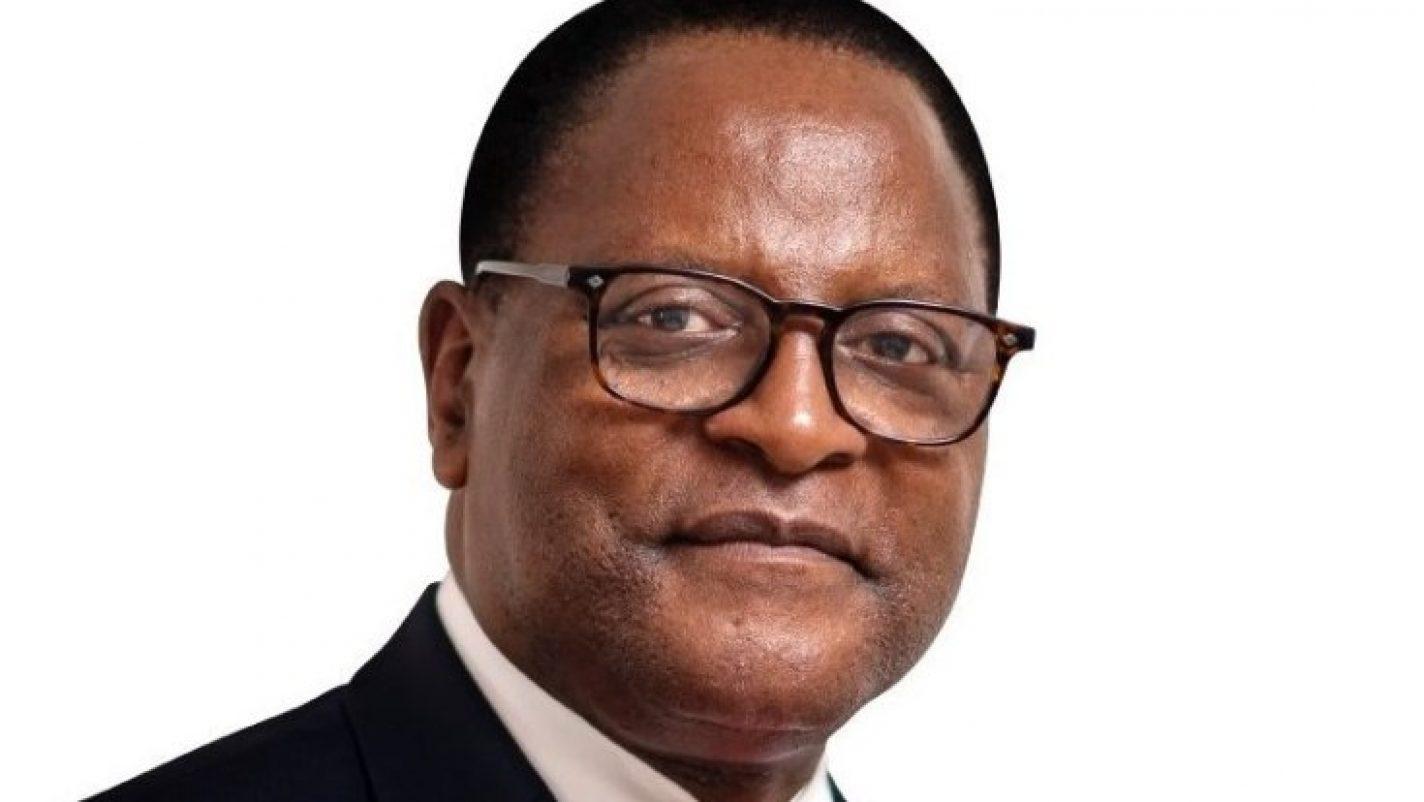Africa-Press – Zambia. When the righteous rule, the people rejoice; but when the wicked rule, the people groan.” (Proverbs 29:2)
When President Lazarus Chakwera became President of Malawi I didn’t mince my words, I wrote a piece critiquing him, and after his term in office I feel vindicated.
While I believe that pastors and Christians have a democratic right to join politics and aspire to the highest political office in the land, Proverbs 29:2 doesn’t automatically make citizens rejoice.
President Chakwera himself said he saw his political leadership as an extension of his ministry, “answering God’s call” to pastor the nation.
As a critique I ask: if God is responsible for calling certain people to be presidents in Africa, why does He give us the worst leaders?
The truth is God doesn’t raise presidents in political spaces today, the citizens do that through the ballot.
The corruption and bad leadership on this continent can all be blamed on the citizens who hold the power of the ballot paper.
President Chakwera seems to be losing these elections, with some news outlets reporting he has already conceded defeat. Despite being a Christian pastor, the Malawians have said: “Enough, no more Pastor.”
“When the righteous rule, the people rejoice; but when the wicked rule, the people groan.” (Proverbs 29:2)
This scripture is often quoted when a pastor enters politics, as if righteousness automatically translates into good governance.
But let’s be honest: especially in Pentecostal/charismatic circles, the leadership style many pastors are used to is closer to dictatorship than democracy.
In their churches, the “man of God” is the final authority. Decisions are top-down, questioning is not allowed, and the structure runs more like a family dynasty than a democratic institution.
Carry that same mindset into government, and you end up with a president who struggles to listen, to be accountable, or to build systems that outlive him.
Worse still, governance gets over-spiritualized.
Instead of policies, people are called to prayer and fasting and are given “spiritual” false hope.
Instead of tackling corruption, hunger, or unemployment with real solutions, citizens are told to “just believe God for a miracle.”
And when people grow critical, the manipulation begins: “Touch not the Lord’s anointed.”
Supporting the pastor-president is branded as siding with God, while questioning him is made to feel like fighting God Himself. That kind of thinking destroys accountability and without accountability, democracy dies.
Proverbs 29:2 calls for righteous leaders, yes.
But righteousness in government is not about titles or pulpits. It is about justice, integrity, humility, and serving people in a way that makes them rejoice.
Lazarus Chakwera entered politics with the moral authority of a pastor and the promise of reform, but Malawians are judging him by daily realities, not religious titles.
The economy has been battered by high inflation, stagnant growth, foreign currency shortages, and natural disasters like Cyclone Freddy and El Niño-driven droughts, leaving many citizens struggling to survive.
On top of that, key campaign promises from fighting corruption to creating jobs have largely fallen short.
Corruption scandals, weak service delivery, and unmet expectations have fueled disillusionment.
For many voters, the gap between Chakwera’s pastoral image and the lived experience of hardship has eroded trust, leaving him vulnerable despite his Christian background.
In Africa we often protest because we want change, fresh ideas, someone new to break the cycle. But instead of investing in young, promising leaders, we end up reverting to “living ancestors” old guards who have already had their turn.
In Malawi’s case, instead of mentoring up-and-coming politicians, people are voting for men in their 80s who have already served.
It’s like a soccer coach stepping onto the pitch to play instead of training new players.
Something has to change: leadership vacuum shouldn’t mean absence of youth, it should mean opportunity for them.
Malawians without shame have elected Peter Mutharika, age 85, who was President of Malawi from 2014–2020, and has now returned as the newly elected President of Malawi.
Youths in Africa must stop waiting for a Messiah-King to rescue them in politics.
No Moses. No “chosen one.” Not the anointed leader.
Youths must wake up and realize God doesn’t send Messiah-Kings into our politics. The people we vote for reflect who we are and our values.
Well, in the democratic system what do we say to Mutharika?
Congratulations to the President-Elect of the Republic of Malawi His Excellency President Peter Mutharika.
For More News And Analysis About Zambia Follow Africa-Press







